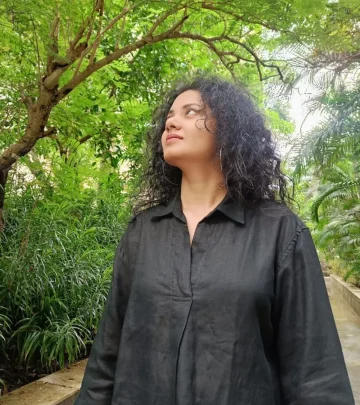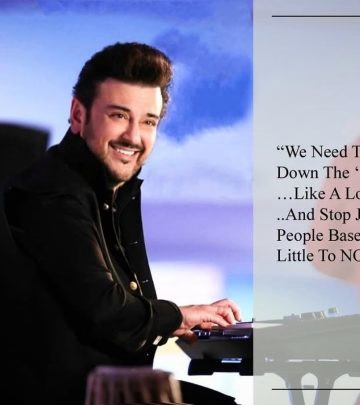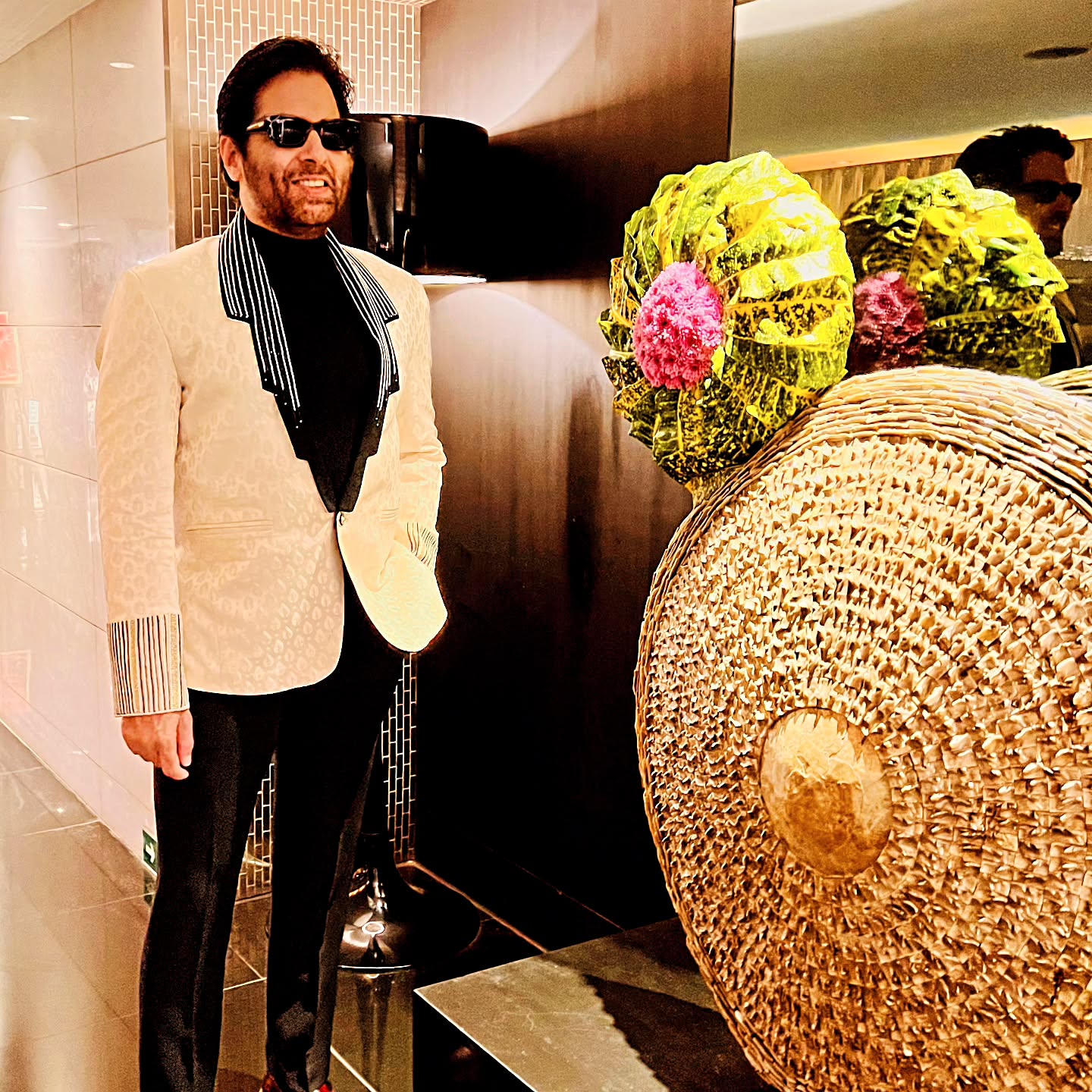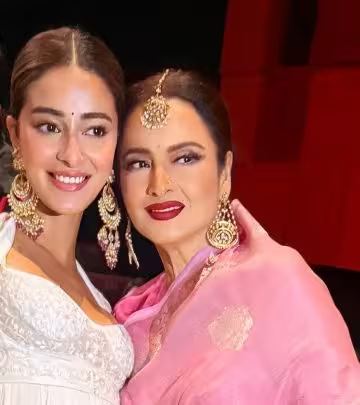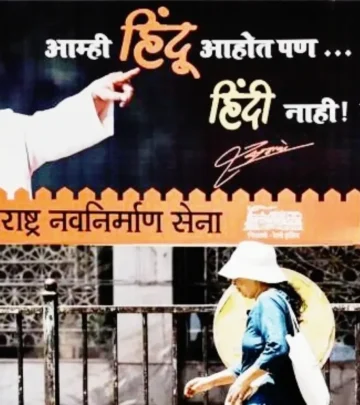Naseeruddin Shah Supports Diljit Dosanjh
Veteran actor defends casting choices amid political scrutiny, stressing cultural ties now.
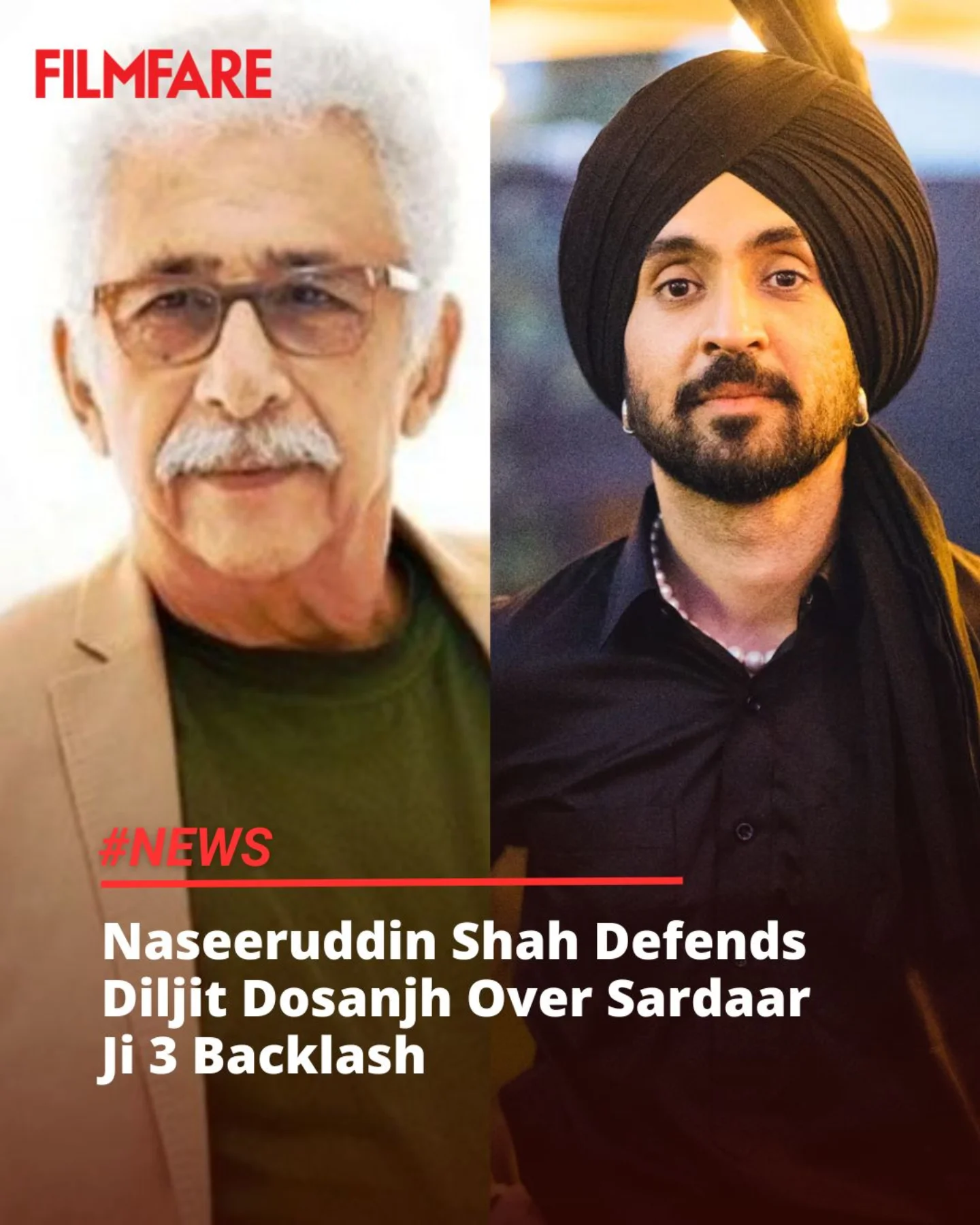
Image: Instagram
Veteran actor Naseeruddin Shah has recently spoken out in defense of Diljit Dosanjh amidst heated criticism over the casting decisions in the upcoming film Sardaar Ji 3 and his collaboration with Pakistani actress Hania Aamir. In a pointed Instagram post, Shah clarified that Diljit was not involved in the casting process, dismissing the political targeting and outrage as unnecessary and agenda-driven.
Veteran Actor Speaks Out
Shah’s remarks come as a rebuttal to the backlash that has surfaced following the news of the film’s casting choices. The acclaimed actor criticized the politicization of creative decisions in contemporary cinema, emphasizing that such criticisms tend to oversimplify the process and undermine the collaborative nature of filmmaking. He argued that injecting politics into casting not only distorts artistic intent but also detracts from the intrinsic value of storytelling.
In his statement, Shah highlighted the importance of maintaining cultural ties between India and Pakistan. He stressed that arts and cinema serve as bridges between communities positioned on both sides of the border, and that dialogue and collaboration are key to keeping these bonds alive. His defense of Dosanjh underscores a broader call for respecting the artistic process without succumbing to the pressures of political agendas.
Political Critique And Cultural Unity
Addressing the critics head on, Shah remarked that the outrage directed at Diljit Dosanjh was misplaced. He pointed out that casting decisions are complex and involve professional deliberations, not a reflection of any political bias. According to Shah, the backlash appears to be more of a politically driven maneuver than a genuine critique of Dosanjh’s work. By distancing Dosanjh from the decision-making process, he not only defended the actor’s integrity but also called for a more nuanced understanding of the film industry’s inner workings.
For over four decades, Naseeruddin Shah has been known for his candid opinions and a fearless approach to addressing contentious issues. His career, marked by diverse roles in both art-house and mainstream cinema, complements his reputation as a stalwart of Indian film who is unafraid to speak his mind. This instance is a testament to his long-standing belief that art should remain free of overt politicization and that creative collaborations should bridge divides rather than widen them.
Artistry Over Agendas
The discussion surrounding Sardaar Ji 3 has quickly escalated beyond the realm of cinema into a broader debate about cultural and political affiliations in film. Shah’s intervention in this debate calls attention to the hazards of allowing external political pressures to influence casting and creative decisions. While some voices in the media have sought to highlight the role of national identity in cinematic projects, Shah’s remarks advocate for an interpretation that prioritizes artistic expression and cross-border cultural exchange.
Adding another layer to this debate, influential media outlets like Filmfare have been closely monitoring the situation. Filmfare, known for its comprehensive coverage of film and celebrity culture, has reported on these developments, further fueling discussions among critics and fans alike. Recent Instagram posts from the film industry—ranging from on-location shoots by rising stars to behind-the-scenes glimpses of upcoming projects—underscore the dynamic nature of today’s cinematic landscape. These posts, while celebrating the vibrancy of film culture, also serve to remind audiences that debates like these are part and parcel of an ever-evolving artistic ecosystem.
Naseeruddin Shah’s defense resonates within a broader narrative that stresses the delicate balance between creativity and political influence. By urging his peers and critics alike to focus on the artistic merits of cinema, he reinforces the idea that artistic collaborations, whether they cross borders or defy conventional norms, are essential for a healthy cultural dialogue.
The Instagram image accompanying Shah’s post—widely shared across social media—captures his earnest expression and measured tone, adding a visual weight to his verbal critique. His clear message to downplay political bias in creative decisions strikes a chord with many fans who see art as a realm beyond partisan divides.
The actor’s remarks are a reminder of the perennial struggle between art and politics, a debate that has spanned generations in the film industry. His call to preserve cultural relationships, particularly between India and Pakistan, is not just about the current controversy—it is a rallying cry for maintaining a productive dialogue in an increasingly polarized world.
By defending Dosanjh and dismissing the politically charged responses, Naseeruddin Shah not only safeguards the reputation of a respected actor but also champions the spirit of creative freedom. His intervention in this controversy is likely to encourage a broader conversation about how the film industry can navigate the intricate interplay between art, politics, and cultural diplomacy.
Read full bio of Glendon Moss











